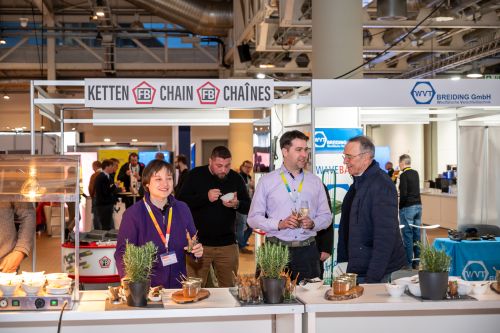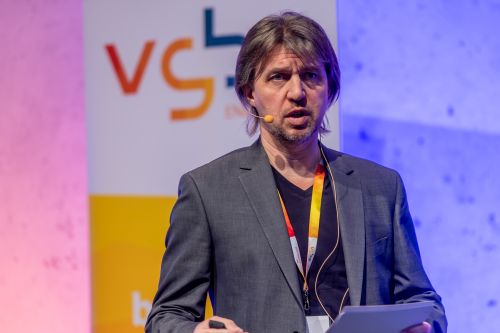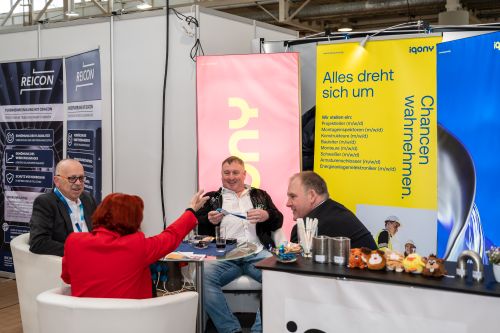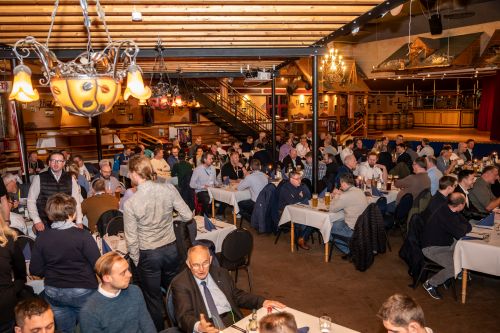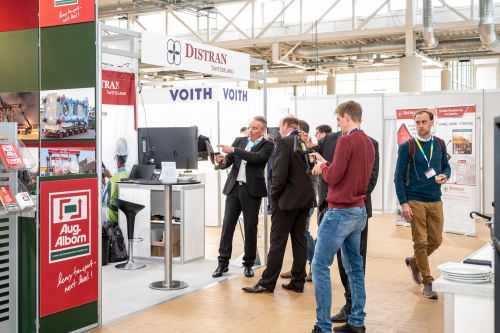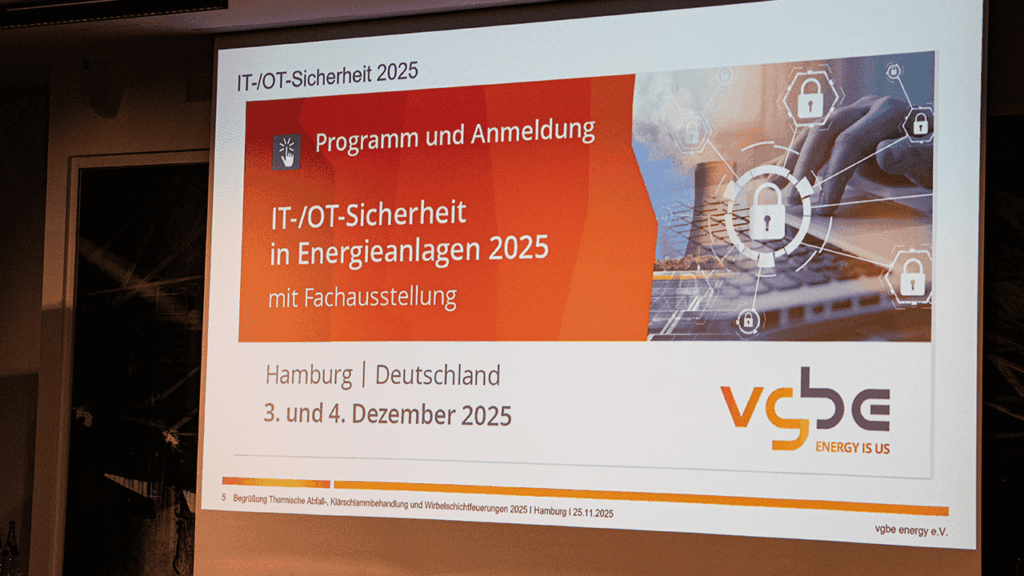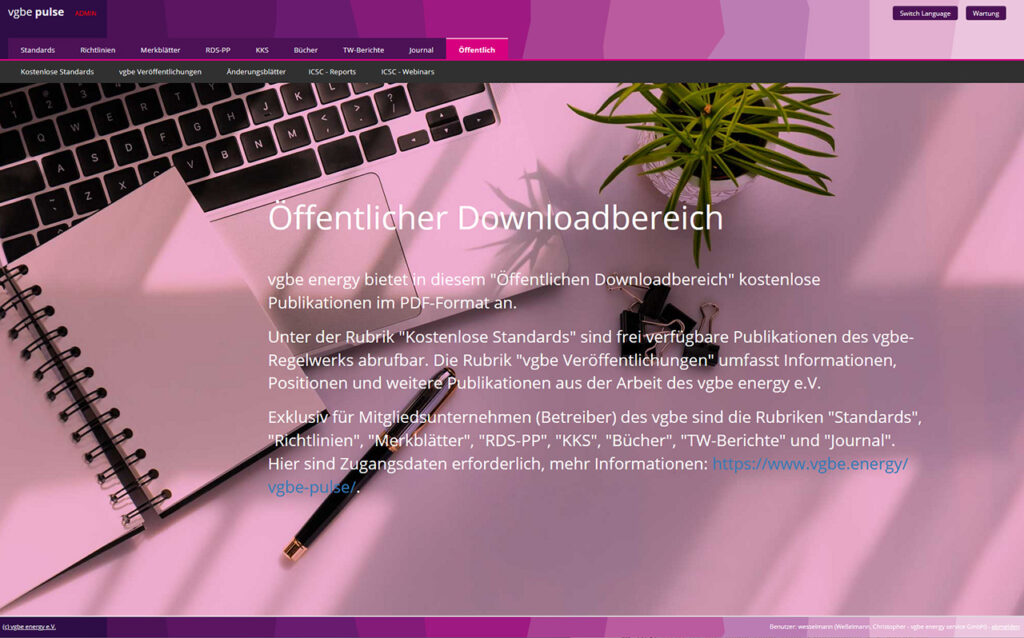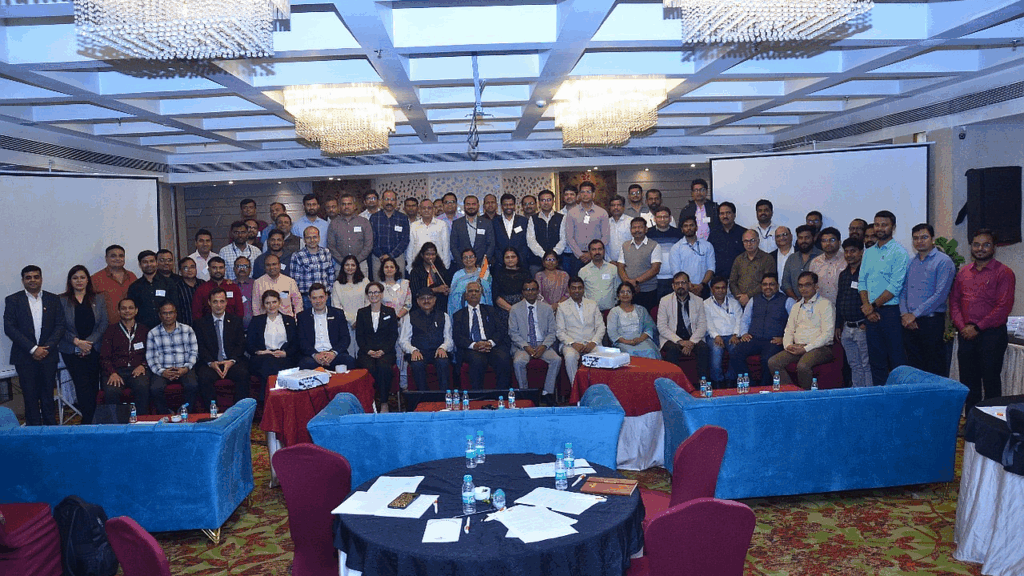The vgbe Conference “Maintenance in Power Plants 2023” took place on March 8 and 9 in Karlsruhe with around 170 participants from Germany and abroad.
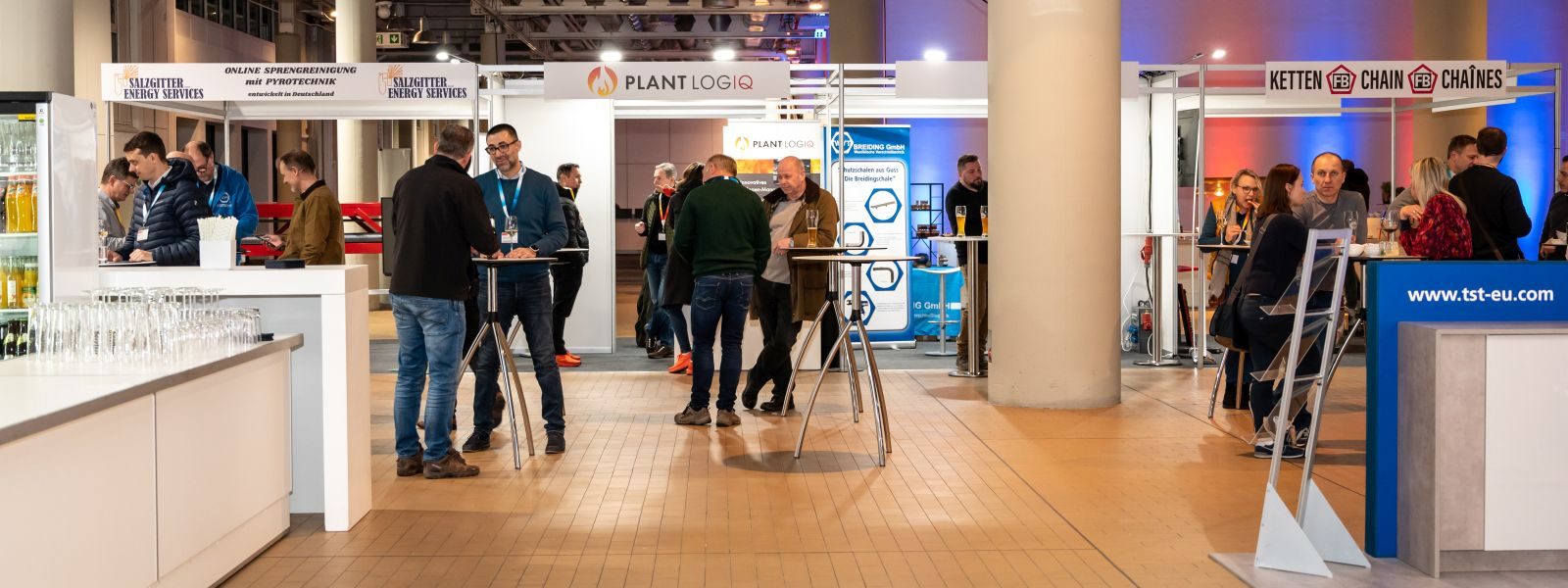
Reliable and safe plant operation enjoy priority at vgbe, and maintenance is accordingly high on the agenda. Last year´s events and the associated challenges to be faced by the energy sector as a result of the Russian war of aggression on Ukraine have brought the issues surrounding maintenance even further into focus. Due to the loss of Russian natural gas supplies, conventional plants, already taken off the grid, had to be restarted and put back on the market. The short-term maintenance and servicing work required has confronted operators with considerable problems in some cases. In this context, key issues such as the availability of suitable personnel and procurement of materials are to be mentioned. The economic pressure on maintenance has thus taken on a different focus. Whereas it used to be a matter of bringing the plants to the point of decommissioning with a minimum budget, the focus is now once again on the availability of energy plants, including minimum budget.
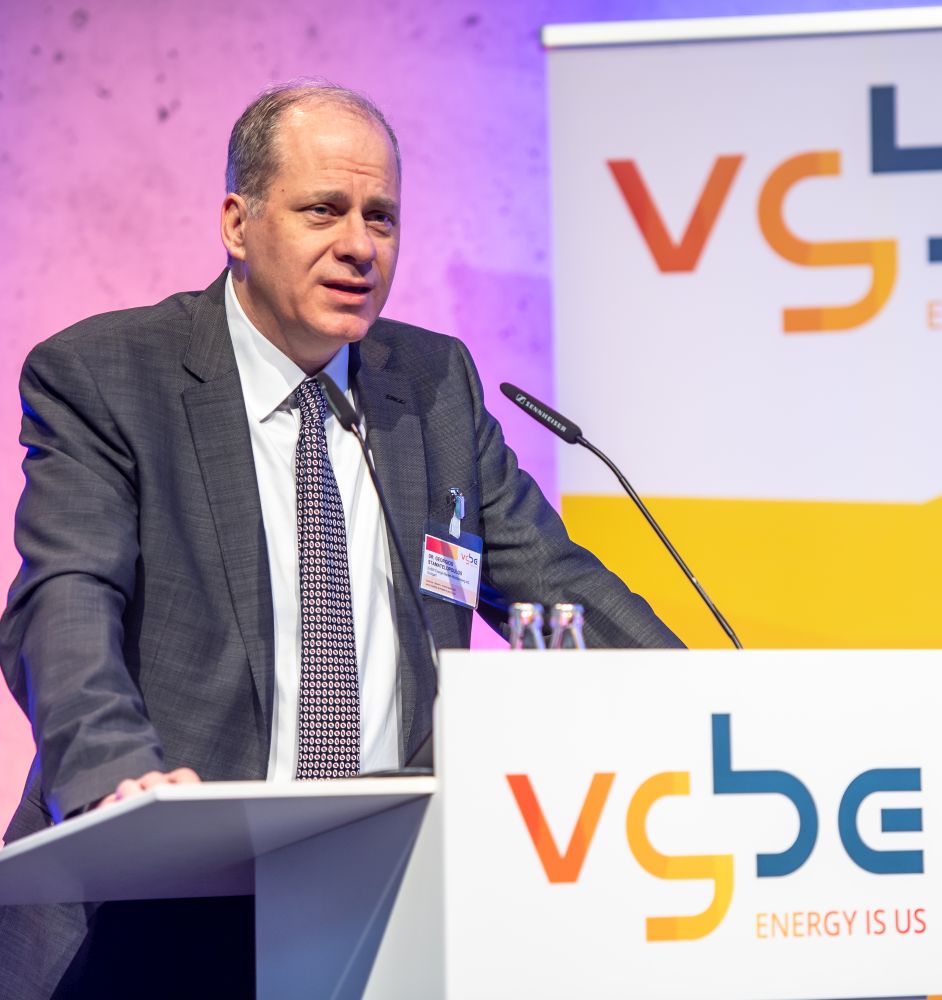
In his opening speech, Dr Georgios Stamatelopoulos, COO Generation & Trading EnBW Energie Baden-Württemberg AG and vgbe Chairman of the Board, spoke on the “Situation of the German and European Energy Industry and Future Challenges” and shed light on current energy policy. The vgbe Chairman explained that the political goals with regard to the massive expansion of renewables and the market ramp-up of hydrogen were technically feasible with the corresponding political framework conditions, such as designation of suitable areas, accelerated approvals, etc.
Gas would continue to serve as bridging technology in order to balance the feed-in of fluctuating renewables and would be replaced by hydrogen in future, which could be used in existing gas-fired power plants, according to the vgbe Chairman. This situation also gives rise to maintenance decisions for the near future.
The contribution by Sascha Strassburg deserves special mention. In his paper “Retrofitting the exhaust compensators in a combined cycle power plant”, he impressively described how the exhaust compensators on two gas turbines, that were threatening to fail, were promptly repaired.
The thermal expansion of the expansion joints, caused damage to the multi-layered shafts by the separating plate above them. A 1:1 replacement of the exhaust compensators was almost impossible for reasons of space and would also have required considerable additional time within a major overhaul. In the event of an accident, a plant shutdown of more than six months would have had to be expected.
The problem was solved by installing a soft-material compensator above the existing steel shaft compensator. The solution, which could be realised within ten days during an overhaul, also convinced the turbine manufacturer who is now considering using soft-material compensators as standard in the future. The development of this pragmatic solution, as well as highlights of the assembly and the final result, were presented.
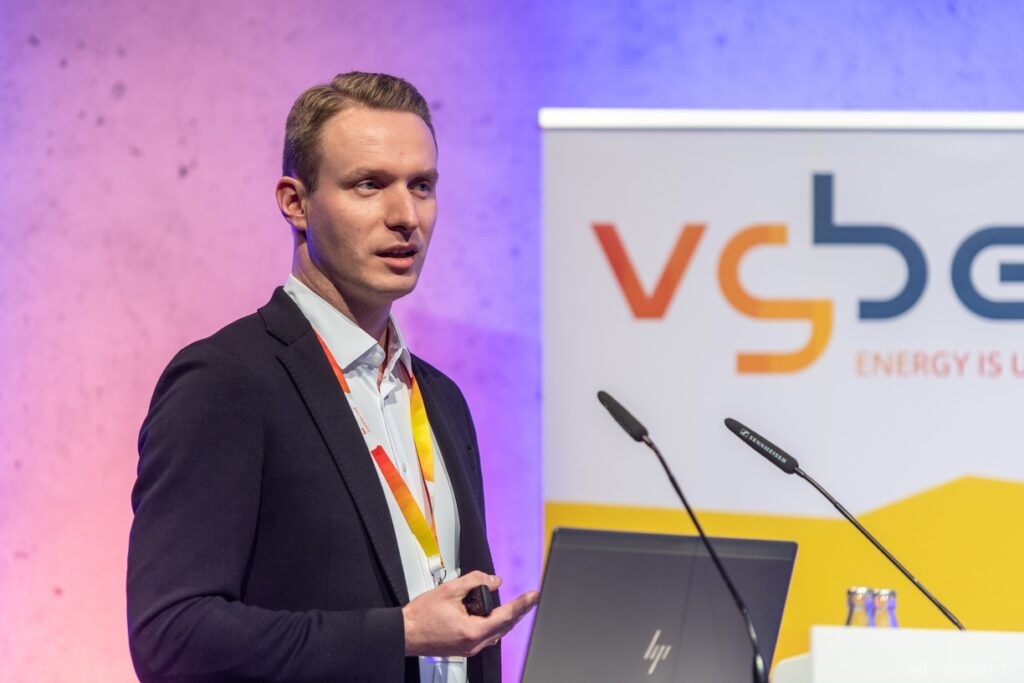
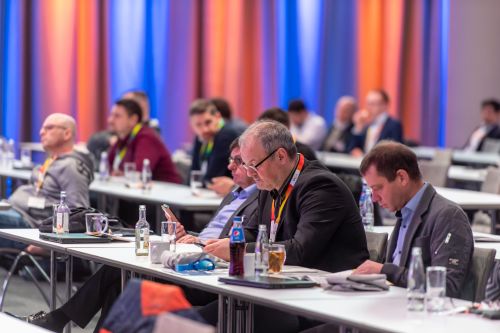
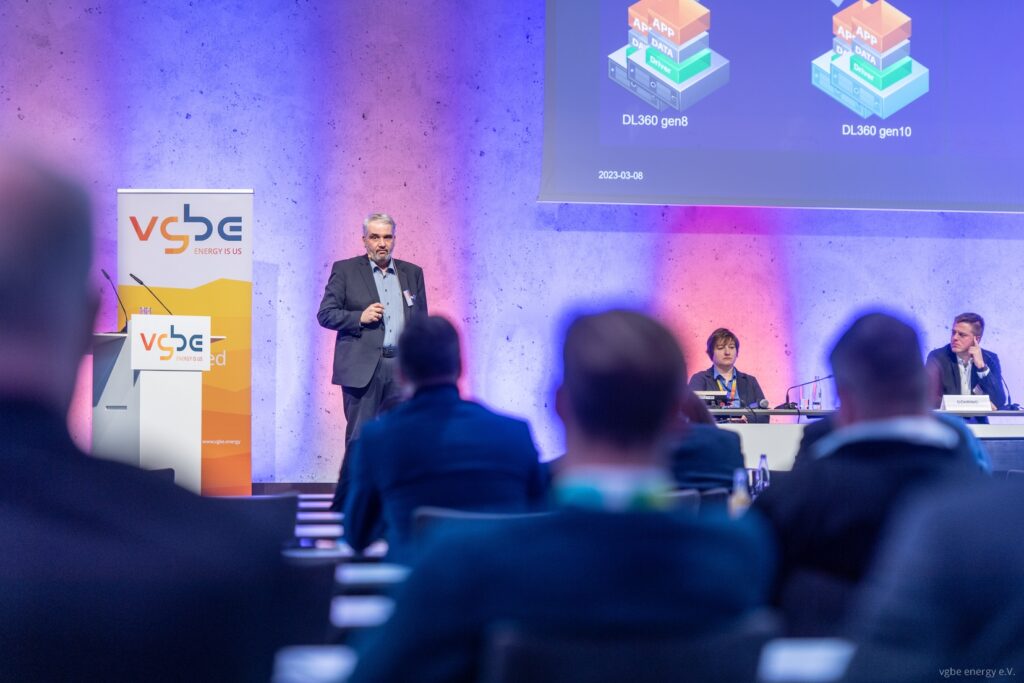
Andreas Hemker presented further projects from practice with his contribution “Practical implementation of building and plant inspection using selected examples”.
Structures are subject to ageing phenomena in the same way as production plants and machines. In accordance with legislation and European construction standards, operators are obliged to maintain their structures and production facilities properly throughout the entire service life of facilities and assets. For structures in industrial and power plants, vgbe energy e.V. has developed a standard (VGB-S-044-00-2019-05-EN: Guidelines for the Life Cycle Management of Structures in Industrial and Power Plants) for the practical implementation of the guideline VDI 6200 within the framework of a holistic life cycle management. The standard is based on all instruments of maintenance, such as regular rounds, maintenance, inspection and repair as well as, if necessary, upgrading during operating. The systematic inspection of the existing structural engineering systems ensures the load-bearing capacity, availability and durability.
In his lecture, Andreas Hemker explained how existing damage and follows up on repairs are recorded with the PDCA management system – plan-do-check-act. With the help of a company-internal system, abnormalities can be assessed directly on site. In many cases, regular structural inspections are also linked to upcoming maintenance work. The holistic processing approach was explained by using the example of an inspection of the shell supports of a cooling tower and the directly subsequent ad-hoc repair work.
Especially the contributions with direct practical relevance were intensively discussed by the participants.
The accompanying trade exhibition with 28 exhibitors invited to continue the professional discussions. Space for intensive networking and refreshing existing contacts was provided at the evening event on Wednesday evening.
The vgbe event team would like to thank all speakers, participants and exhibitors for their valuable contributions to this successful event, which again underlined the importance of optimised maintenance.
The next vgbe event “Maintenance in Power Plants” is planned for March 2025 in Magdeburg.
